Anti-nuclear protests attract 20,000
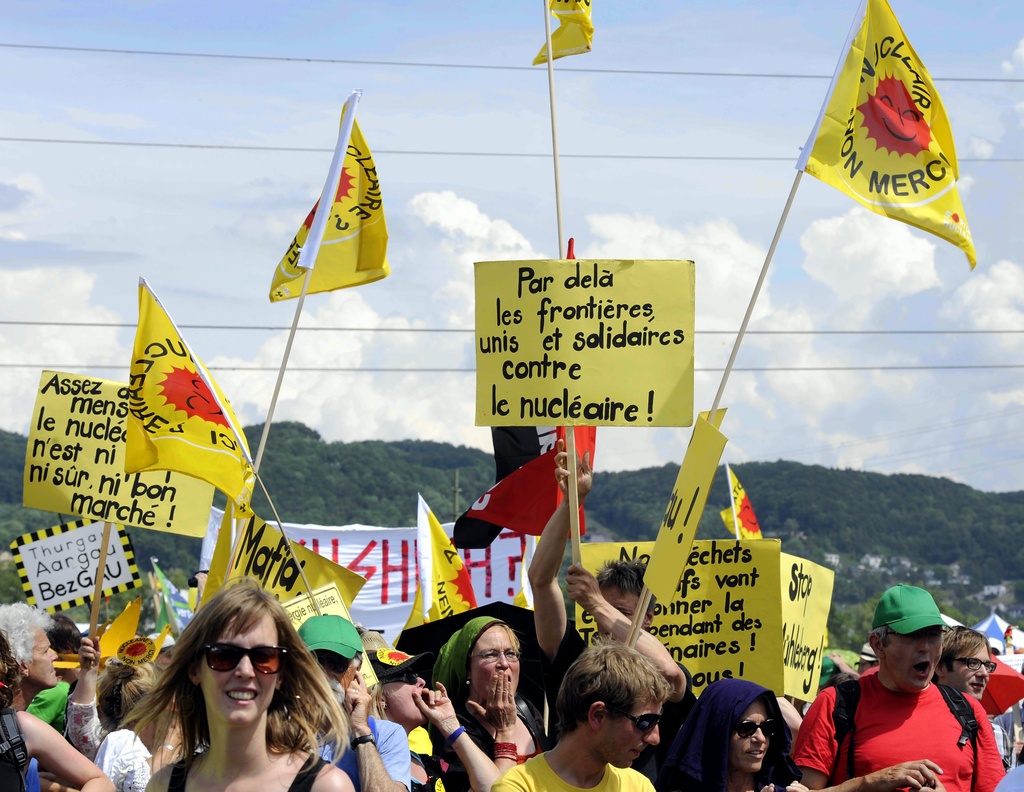
An estimated 20,000 people participated in the biggest anti-nuclear protest in Switzerland in 25 years on Sunday.
Chanting and waving placards, the protesters marched to the site of Beznau, Switzerland’s oldest nuclear power plant which is located in canton Aargau.
“The thousands of people who have come have sent a very strong signal to the Swiss authorities. It shows that we are not a minority,” a spokesperson for the protesters said.
The protesters called on the government to immediately shut down the Mühleberg and Beznau power stations, the two oldest of the country’s five nuclear power plants.
Some 150 political parties and environmental organisations joined the protest, as did citizens from neighbouring countries, organisers said.
Social democrats vice president Cédric Wermuth and Greens federal parliamentarian Geri Müller addressed the crowd upon its arrival at Beznau.
The national railways scheduled extra trains to carry people from all parts of the country to join the protests.
Fearing the protests could become heated, a large police contingent was present and a police helicopter followed the march from above.
However, despite the protest being the largest of its kind since 1986 when in the wake of the Chernobyl disaster 30,000 people marched to the Gösnen nuclear plant, the protesters remained peaceful.
Government under pressure
Some 40 per cent of Switzerland’s energy needs are supplied by the country’s five nuclear power plants.
In the wake of the crisis at the Fukushima nuclear power plant in Japan, the Swiss government suspended all processes relating to the building of new power plants and ordered a review of options for the country’s energy mix in the future.
The government is due to deliver its decision on the future of nuclear power on Wednesday.
Among its options include, maintaining the status quo and replacing the three oldest plants, not replacing existing power stations when they reach the end of their lifespan, or abandoning entirely the use of nuclear engergy.
“The catastrophe at Fukushima has entirely changed the debate about energy. Politicians and power companies can no longer ignore it,” said a protest organiser.

In compliance with the JTI standards
More: SWI swissinfo.ch certified by the Journalism Trust Initiative
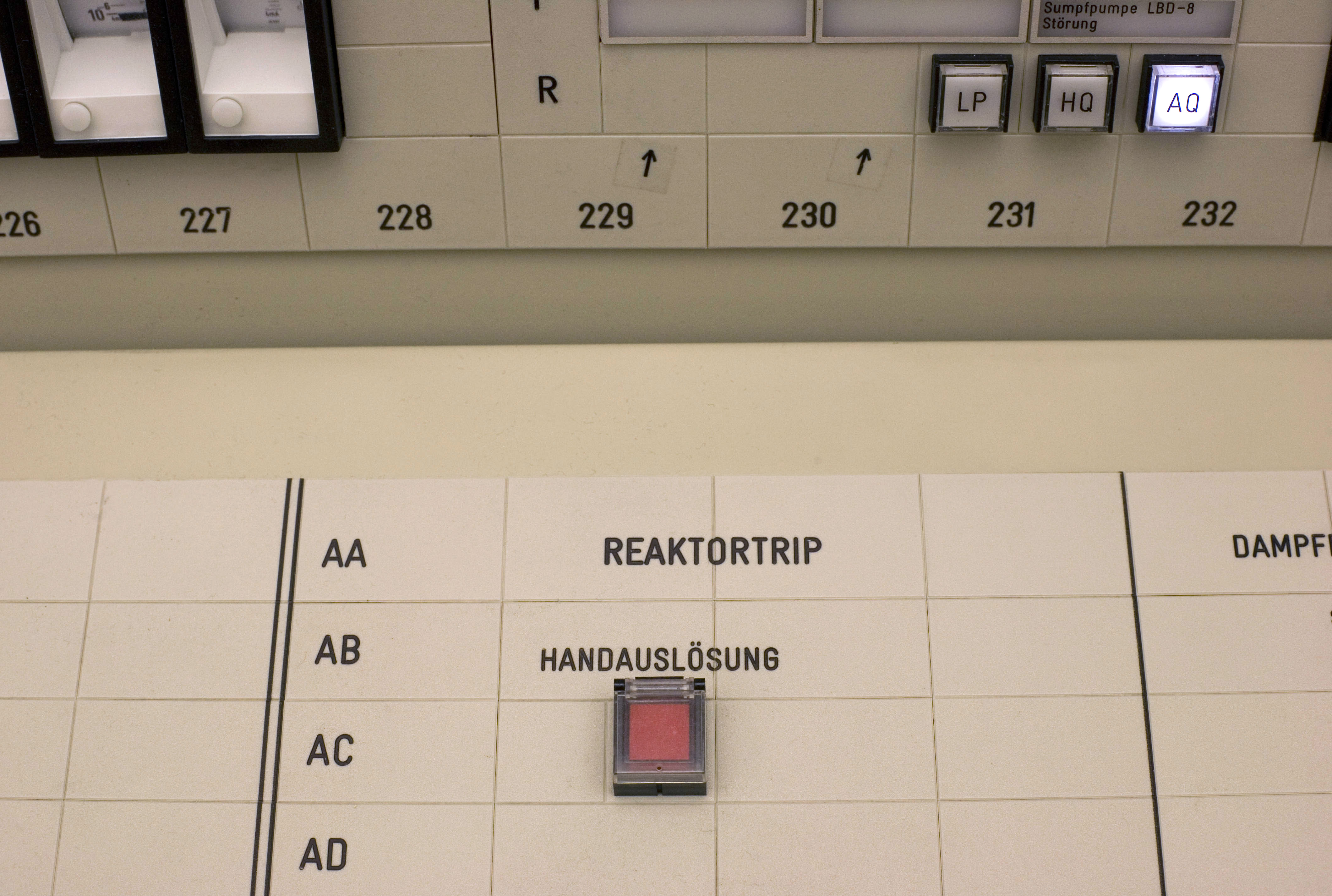
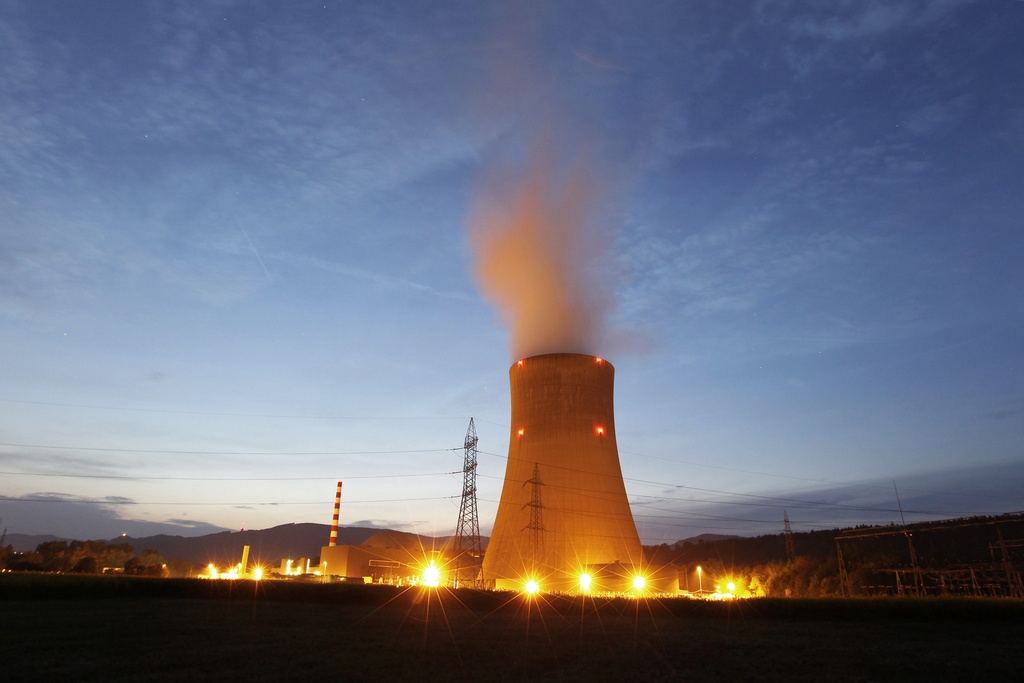
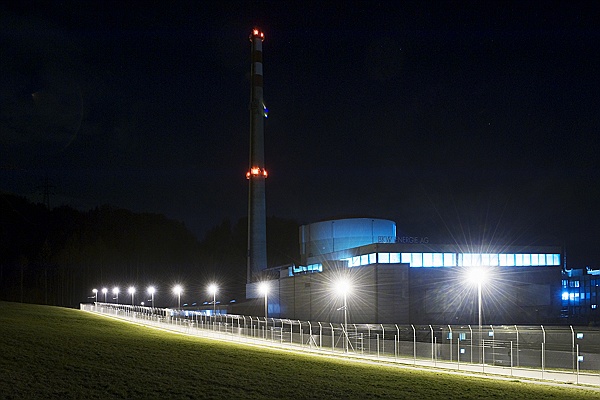
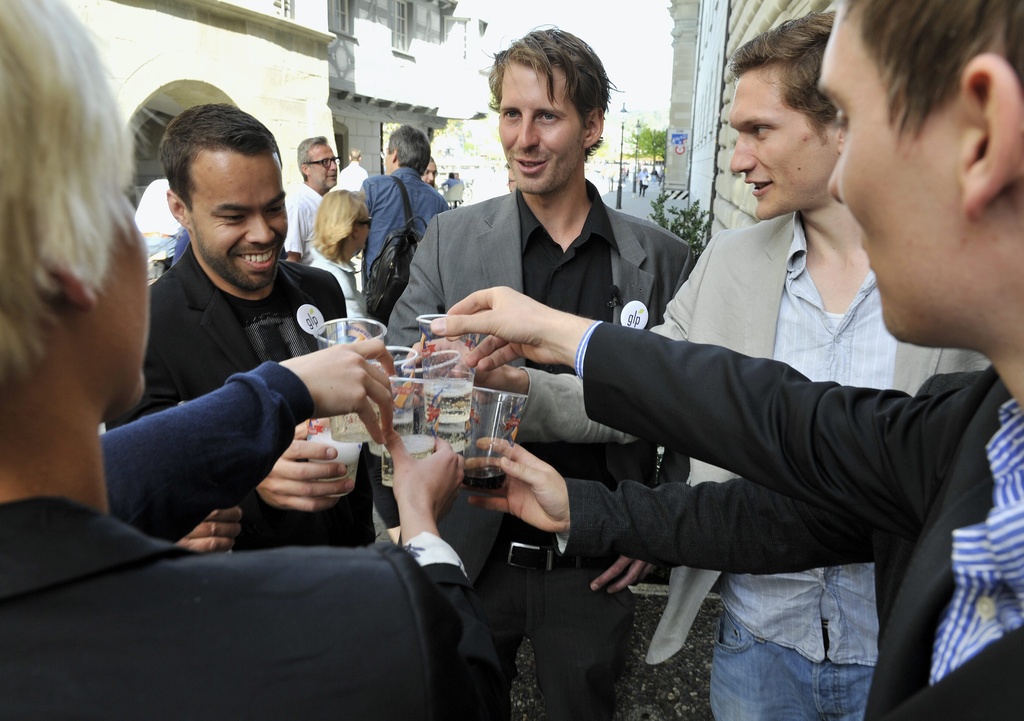
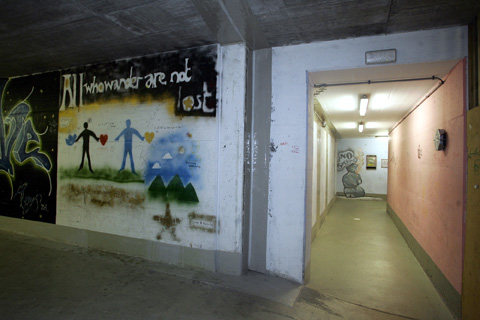
You can find an overview of ongoing debates with our journalists here . Please join us!
If you want to start a conversation about a topic raised in this article or want to report factual errors, email us at english@swissinfo.ch.